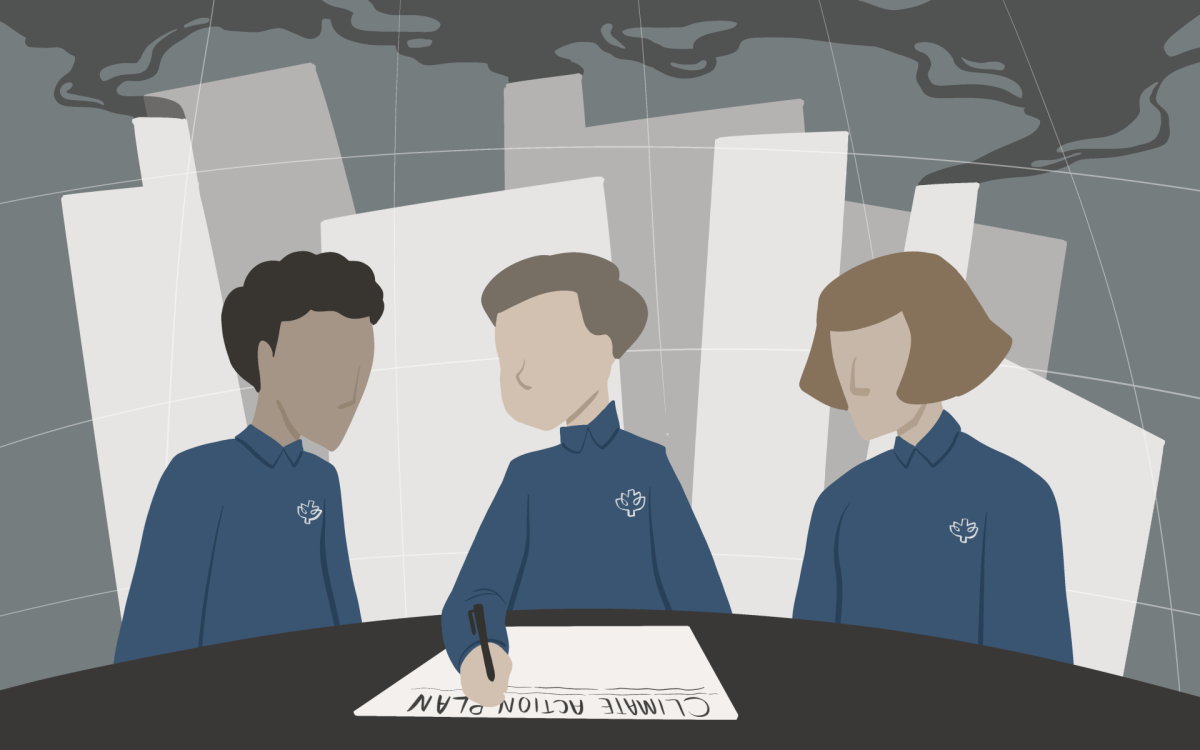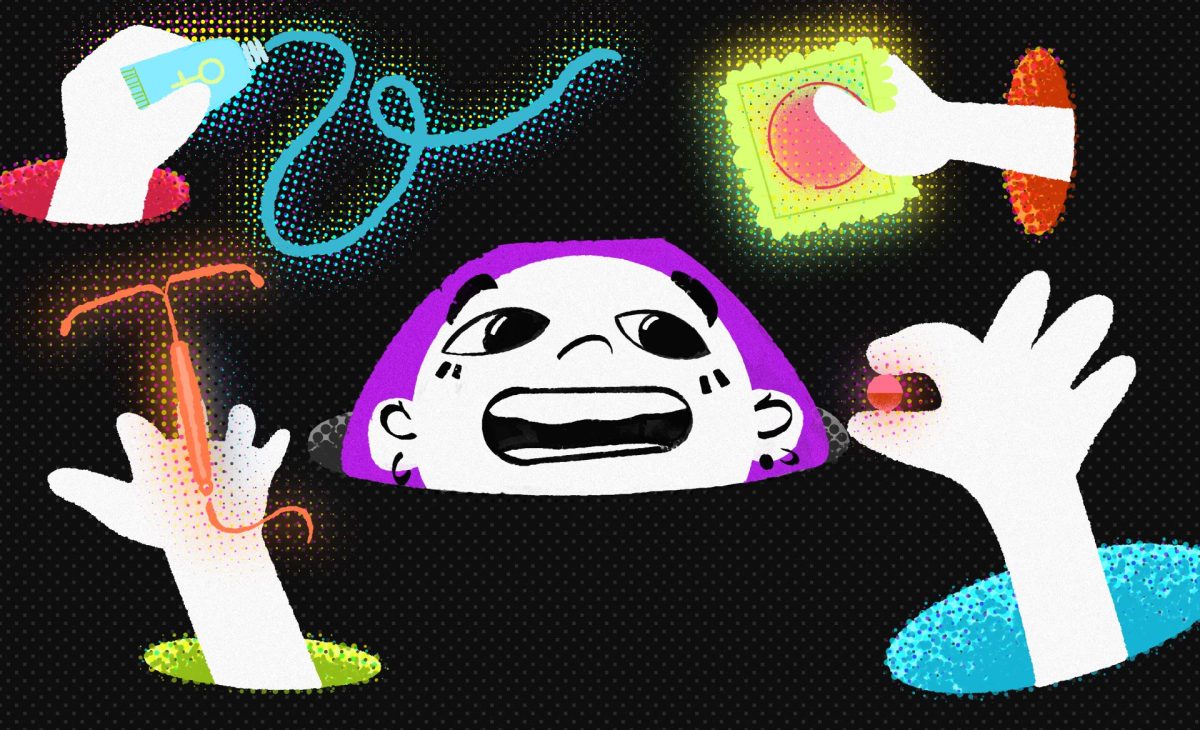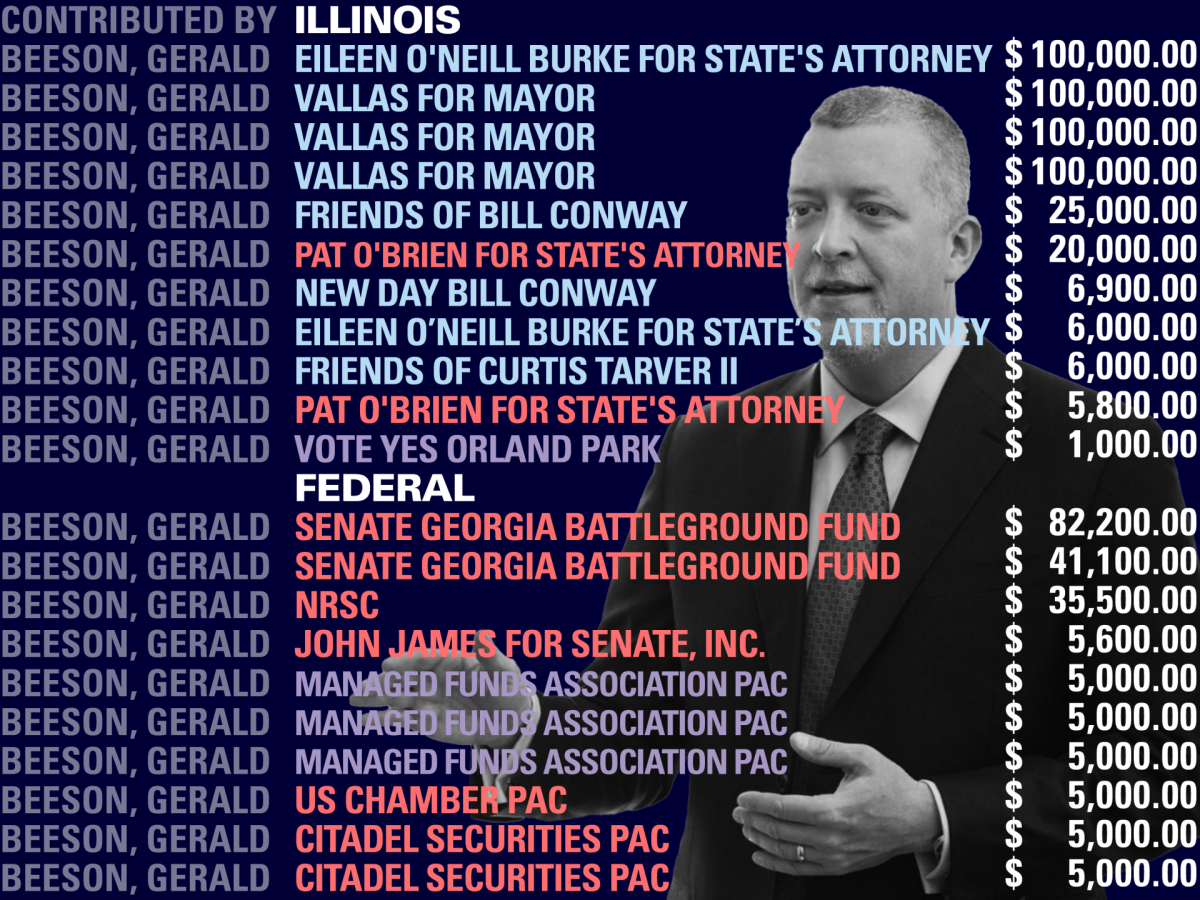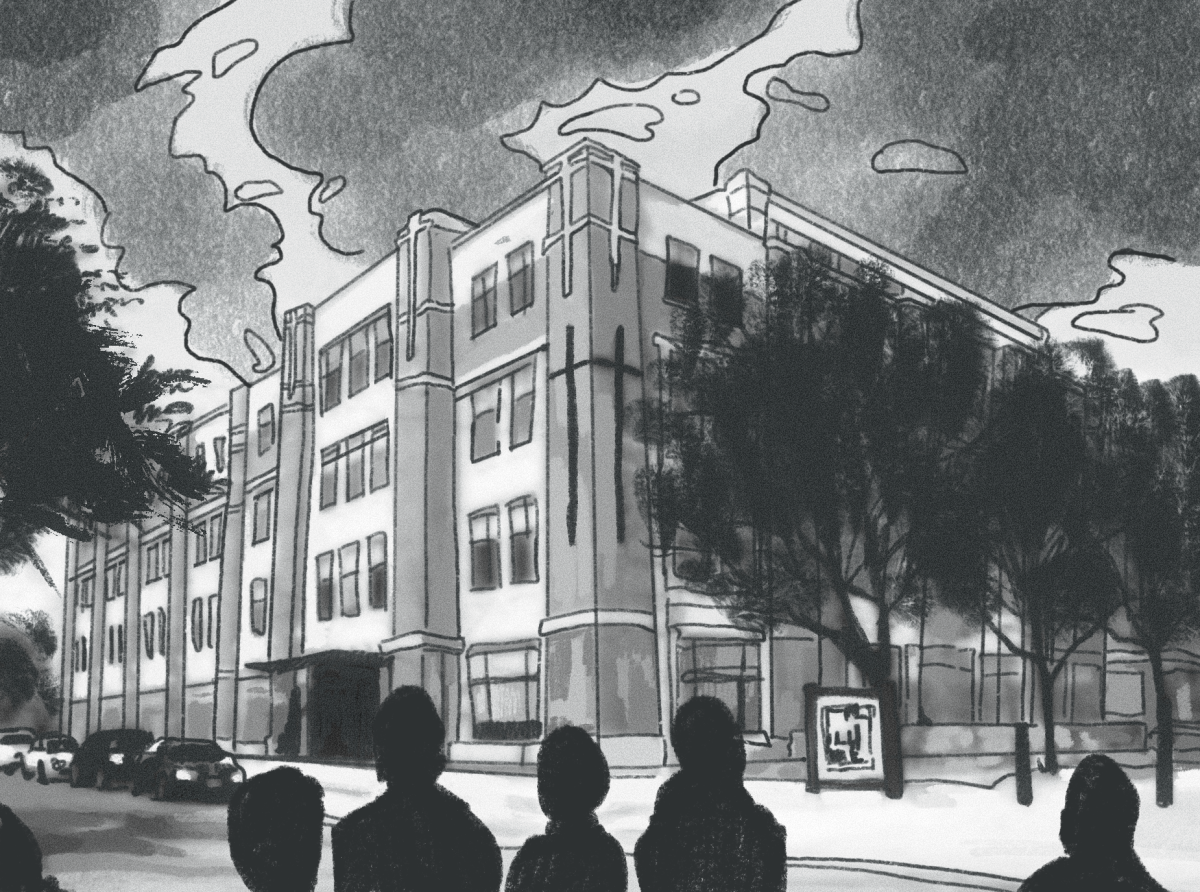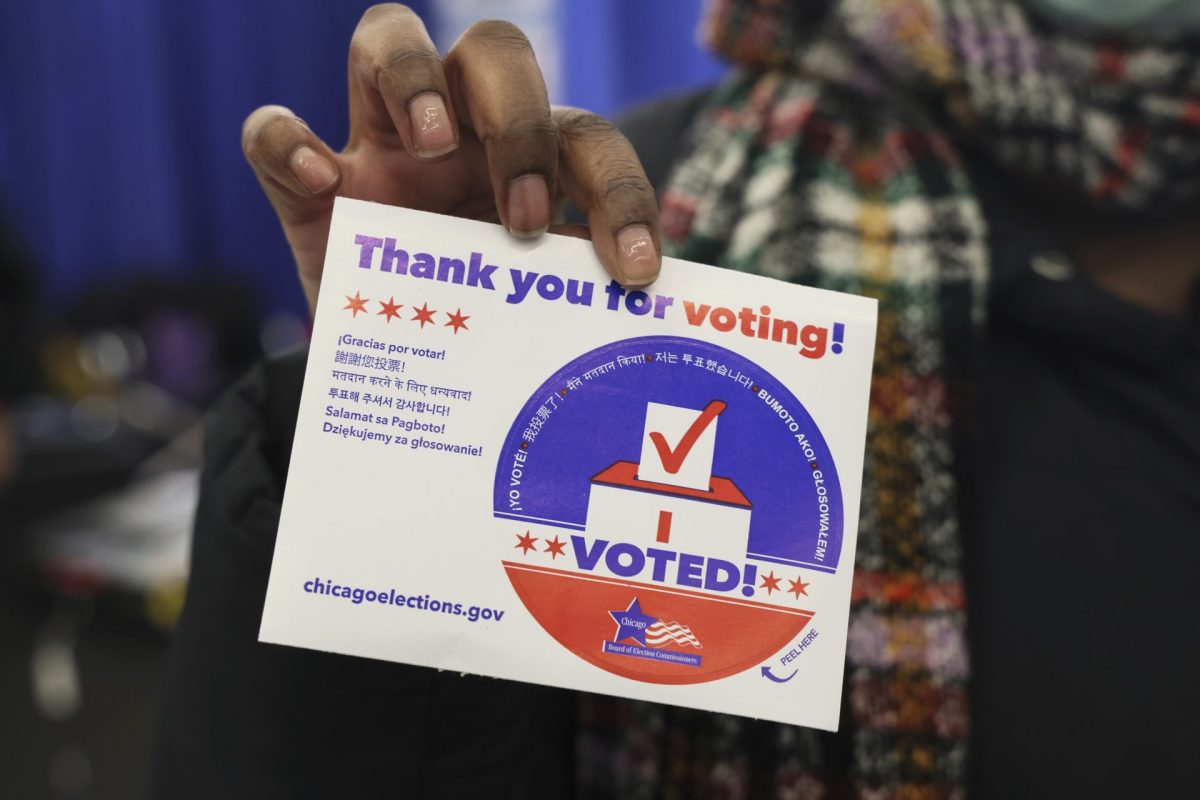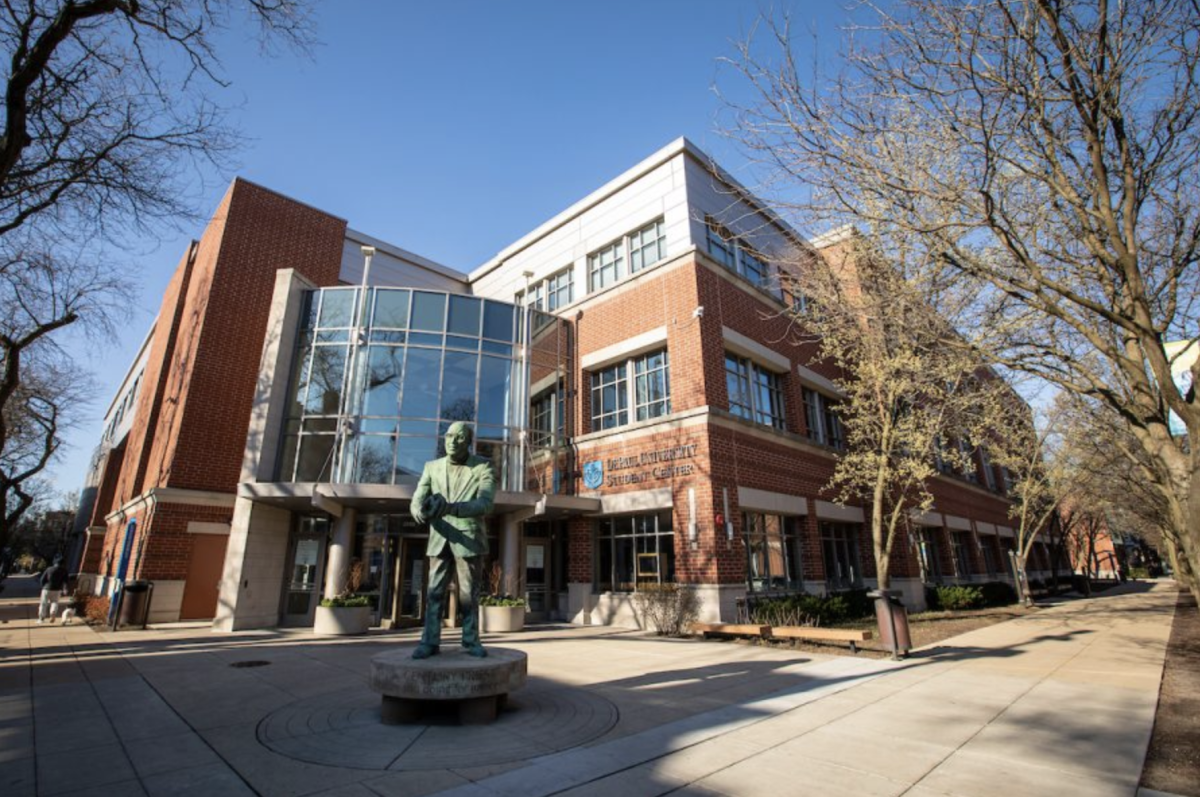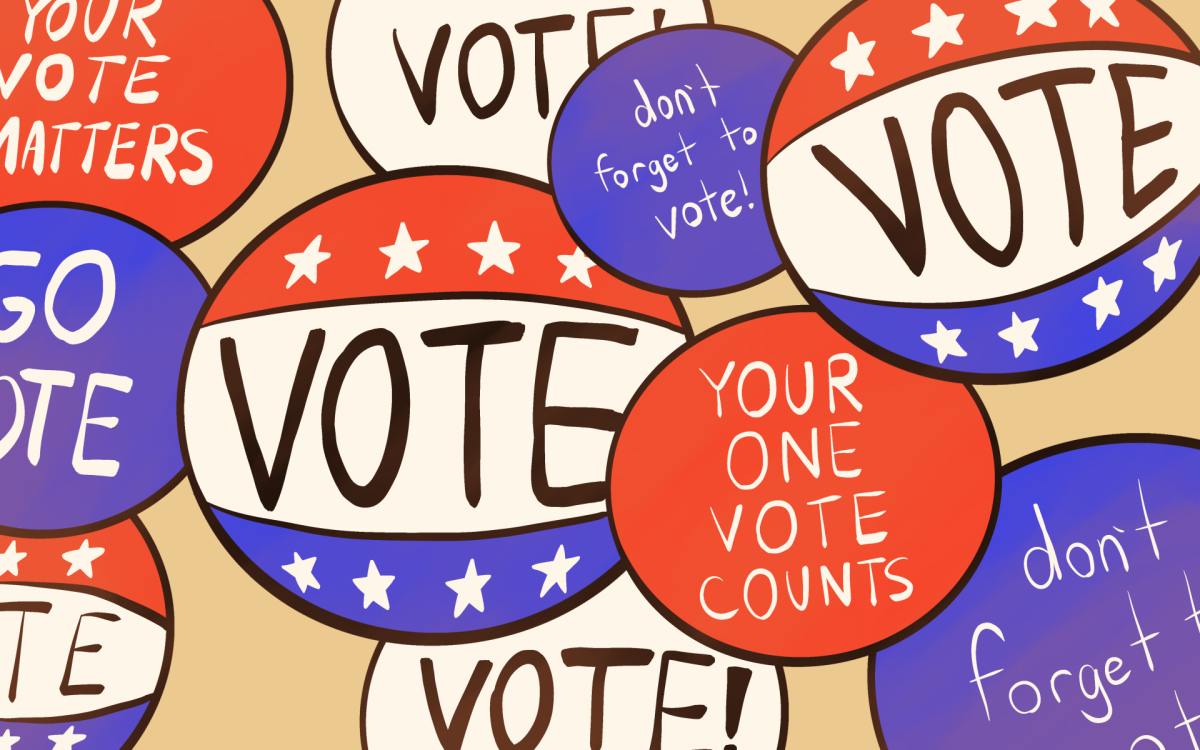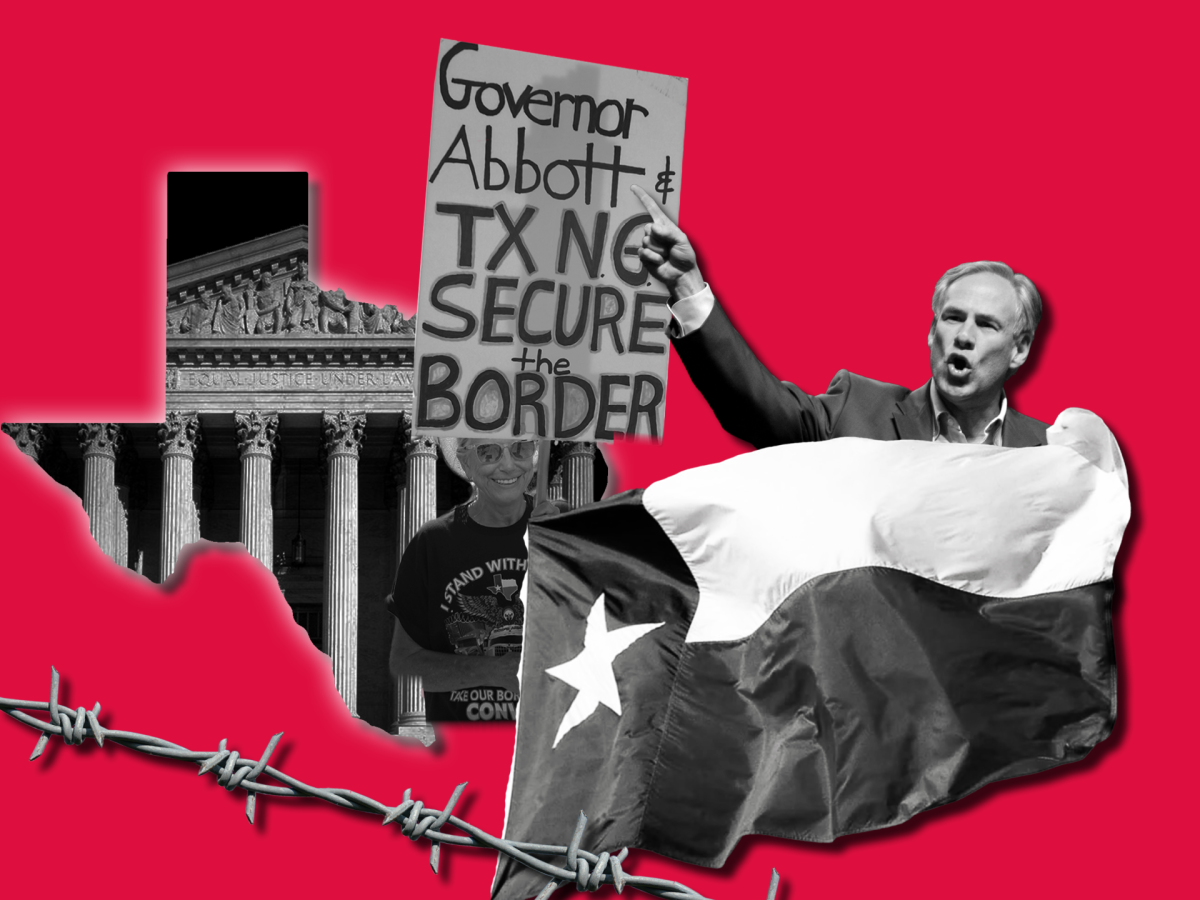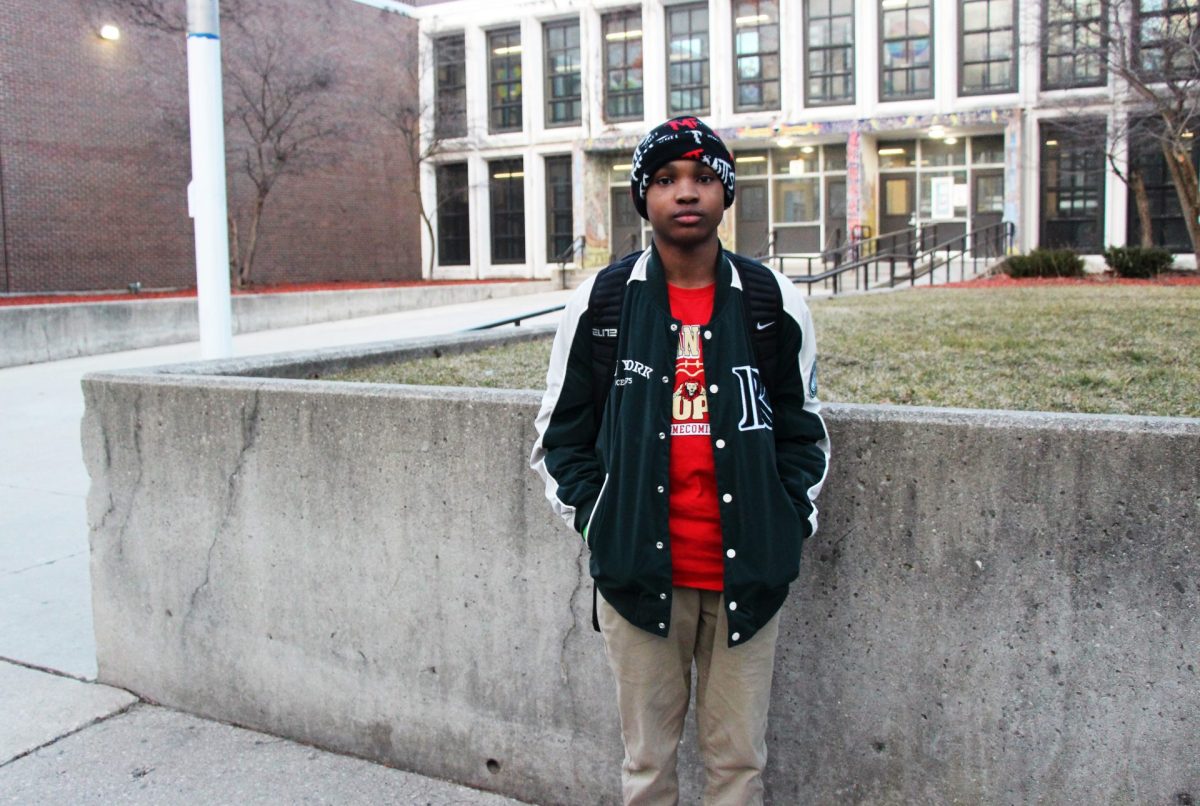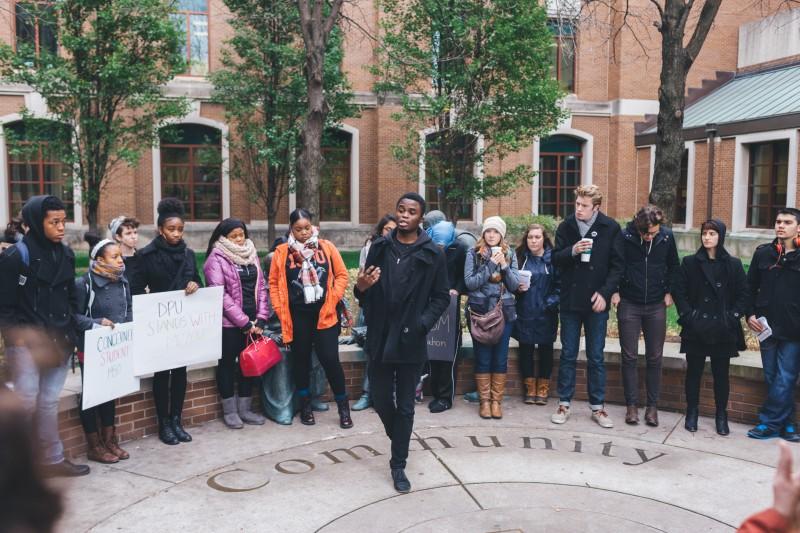
The question of “What do we do after Mizzou?” was posed last week as members of the university community met to discuss the way forward after racial strife at the University of Missouri sparked a national debate over racial issues on college campuses.
The event, held at the Richardson Library and hosted by Passport to DePaul, presented an opportunity for students, faculty and staff members to speak out about racism on campus and spark change and growth at DePaul.
It came as a response to the racial crisis that occurred at the University of Missouri last year. Ultimately, African-American students and athletes banded together through protests, which led to the president of the university to resign.
The event featured several African-American organizations on campus including the Black Student Union, DePaul’s Sankofa Black Student Leadership Retreat, Men of Vision and Empowerment (M.O.V.E) and Sisters Recognizing Our Never Ending Growth (S.T.R.O.NG).
The discussion consisted of a panel speaking on specific topics on racism such as fighting racism and aggression and endeavors to be change agents for the future.
Jalen Hamilton, Chapter President for Alpha Phi Alpha Fraternity, spoke on the power of student organizations unifying. Mario Morrow, BSU President, elaborated on black organizational unity on campus.
One touching moment was when Raja’Nee Redmond, a junior, spoke about an incident in her classroom. The incident took place in a class discussion on the “Black Lives Matter” movement when a Caucasian student made some negative, racist comments, which were not addressed by either the professor or other students in the class.
“As a student, I was very hurt. I was very upset,” Redmond said. “I was very angry that this would happen at a institution who says that they … embrace all people regardless of their social identities.”
She further explained how she struggled with confronting the professor, but eventually she got enough courage to stand up and speak to the appropriate people on this matter.
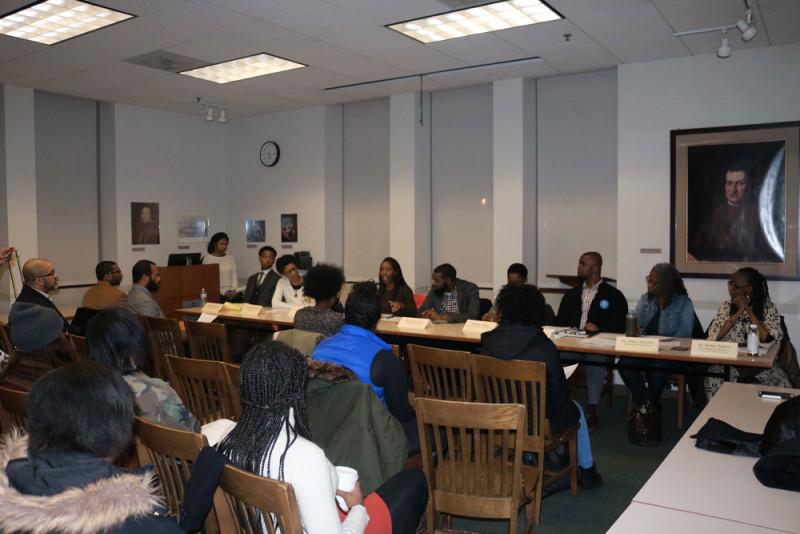
“I wish I would have said something. I wish somebody else had said something. But I can’t wish for other people to do things. I now realize that … you have to address it,” Redmond said. “I felt powerless. But I think it’s always important to remember your power and remember that you can do something.”
As a result, Redmond is confident and not afraid to take up time in the classroom when situations like this happens in the future.
Derise Tolliver, an associate professor for the School for New Learning, agreed with Redmond that students shouldn’t hesitate or tolerate any forms of racism. “You have the right to stand up for yourselves,” Tolliver said. “Do you understand how powerful of a moment this is? This is really critical.”
Tolliver was referring to how the world is listening to issues regarding racism given the recent events that are taking place in society. She said she’s glad to see the hunger strikes, the walkouts and the sit-ins. She challenged students to take advantage of the moment and to not let it pass without voicing their opinions and coming together as one unit.
“There’s a Proverb that says strike while the iron is hot. It’s real hot now.” Tolliver said. “What happened in Mizzou is major and it speaks to the power of coming together.”
Tolliver also explained the importance of black organizations hosting these events and the importance of students attending these events.
“Events like this remind them that they can stand up … it’s our birthright,” she said. “It is our birthright like it’s anybody else’s birthright to stand up and speak for ourselves.”
The discussion wrapped up with a question and answer session for students. Husam Marajda, a student of Palestinian descent.
“What can I as an Arab student do? As a Palestinian, what can we as non-black people of color do for black people here on campus, in the city and country,” Marajda said. “I think when people are living under struggle they can connect and this is part of me connecting and listening. This is not Marajda’s first time attending this type of event. He said that as a Palestinian and someone who’s faced oppression, he finds similarities in the struggles of black people and Palestinians. Ever since then he’s been someone who’s interested in helping out,” he said.
The final thought came from a student and it appeared to leave a powerful and encouraging message that was well received around the room. Sandra Odigo, a finance student, told students if they want to see change in these issues, then the change needs to first come from within, she said.
Odigo want students to ask themselves “what am I’m going to do to help change.”
“Sometimes I tell myself everyday in the morning, Sandra you need to wake up and see that there is something inside of you that the world needs,” Odigo said. “That it’s something beautiful the world needs and it needs that thing to survive.”




